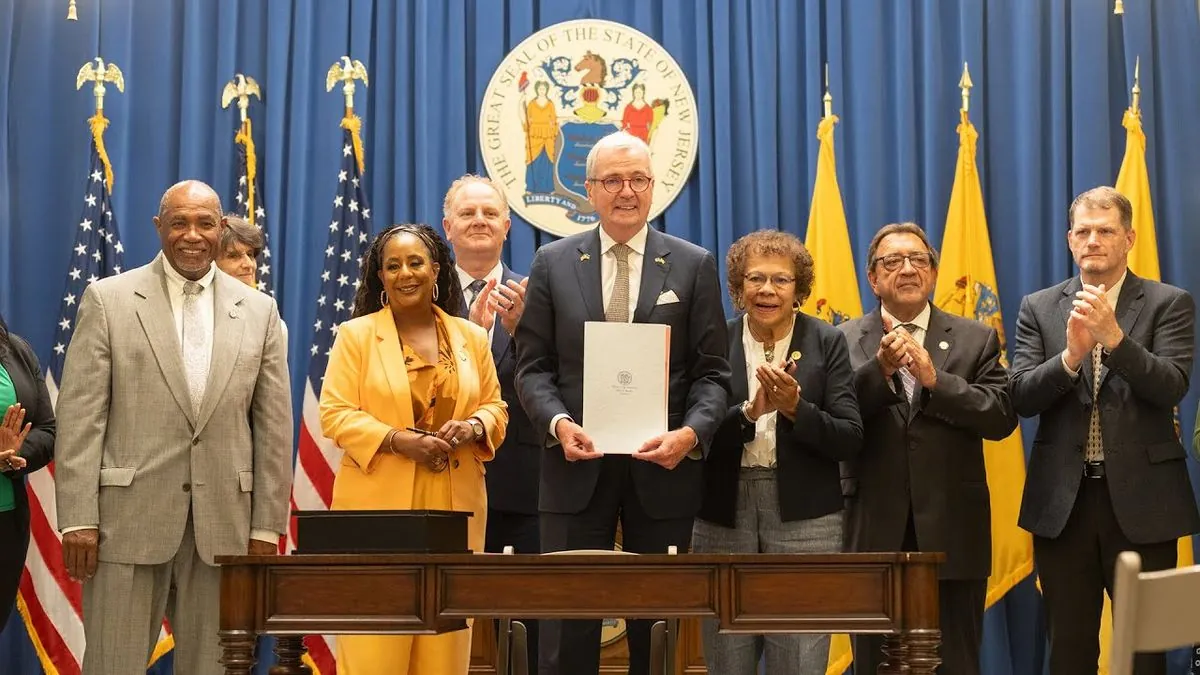In a significant move to address the growing issue of medical debt, New Jersey has launched a program to erase $100 million in healthcare-related financial burdens for approximately 50,000 residents. This initiative, announced on August 20, 2024, marks one of the largest instances of a state providing direct relief to individuals unable to pay their medical bills.
Governor Phil Murphy allocated $550,000 from federal American Rescue Plan funds to implement this one-time debt abolishment. The state partnered with Undue Medical Debt, a non-profit organization that purchases unpaid medical bills from hospitals at a discount, to execute the program.
Eligible New Jersey residents began receiving notification letters on August 19, 2024. To qualify for the relief, individuals must either have an income at least four times below the federal poverty level or medical debt that equals 5% or more of their annual income.
The debt relief will benefit 17,905 people who owed $61.6 million to Prime Healthcare hospitals and 31,748 individuals owing approximately $38.4 million to collection agencies and other debt holders.
"Medical debt accumulates very quickly and can follow a person for decades. We are wiping the slate clean for thousands of New Jersey families, eliminating their debt, and making a real, tangible impact on their lives."
This initiative is part of a broader trend of states and cities addressing medical debt. Since 2022, Undue Medical Debt has partnered with local governments to acquire debt from hospitals. In 2024, Arizona, Indiana, and New York City announced similar programs that could potentially erase $1 billion to $2 billion in medical debt each.
The use of American Rescue Plan funds for medical debt relief has been significant nationwide. According to a White House press statement in July 2024, an estimated $7 billion in medical debt has been eliminated for nearly 3 million Americans using these funds.
Some states are exploring alternative methods to alleviate the burden of medical bills. For instance, in July 2024, North Carolina received approval from the Biden administration to incentivize hospitals to forgive the debt of approximately 2 million residents in exchange for increased Medicaid funds.
Medical debt remains a pressing issue in the United States, with about 41% of American adults carrying some form of healthcare-related debt. This financial burden can have far-reaching consequences, including delayed or avoided medical care, worsening health outcomes, and negative impacts on mental health due to stress and anxiety.
As states continue to address this challenge, initiatives like New Jersey's debt relief program offer hope to thousands of individuals struggling with the financial aftermath of medical care. These efforts not only provide immediate relief but also highlight the ongoing need for comprehensive solutions to the broader issue of healthcare affordability in the United States.
